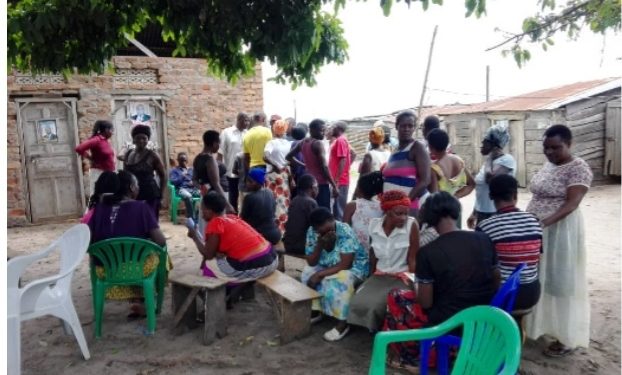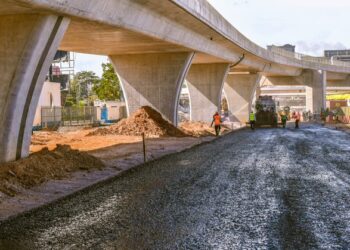By Sierra Ruth Arinaitwe
The Government of Uganda through the Ministry of Agriculture, Animal Industry & Fisheries successfully implemented the National Oil Palm Project (NOPP) in Kalangala, which has continuously transformed the livelihoods of the residents socially and economically.
With funding from the International Fund for Agricultural Development (IFAD), NOPP was implemented with a main goal of inclusive rural transformation through oil palm investment, and a development objective to sustainably increase rural incomes through opportunities generated by the establishment of an efficient oil palm industry that complies with modern environmental and social standards.
In a bid to achieve its goal, “the National Oil Palm Project has not only supported growing oil palm but also households that are not growing oil palm, to engage in economic livelihoods alternative to oil palm growing. It has continuously supported communities with an aim of expanding the outreach of the project beyond the oil palm growers and creating alternative economic opportunities for holistic and sustainable local economic development,” reads part of the 2020/21 NOPP Annual Progress Report.
The report further states that the project supports the implementation of activities to ensure that local households are supported to take full advantage of the economic opportunities emerging from oil palm development, and to provide solutions to some of the emerging social problems that are known to come up when communities begin realizing increased incomes.
A poverty and livelihoods situational analysis conducted in the previous reporting period highlighted the marginalised groups as youth, persons with disabilities and widows. The NOPP activities also target youth and women for beneficiaries. This is because the main coping mechanisms among these groups were identified as manual labour and commercial sex.
“In Kalangala, interventions for alternative livelihoods commenced with the identification of 434 households as the initial beneficiaries from Mugoye Subcounty, including those affected by HIV/AIDS. Of these, 35 are widows, 57 are Female Headed Households, 101 are Youth (Female and Males), 143 are Housewives, 13 are Persons with Disabilities (PWDs), 5 are Elderly,” reads the report.
It further states that NOPP has supported the Kalangala Oil Palm Growers Trust (KOPGT) to conduct training to 90 youths selected for labour gang skilling who have since been employed in conducting the tree census in all the blocks of Kalangala, and they have also been attached to blocks to provide labour to oil palm farmers.
They also conducted nine community sensitizations on alternative economic opportunities in Mugoye Subcounty.
These attracted 1,033 community members (435 females, 401 males and 197 youths). Nine community workshops for selection of beneficiaries were also held, where 434 beneficiary households were participatorily selected. Other 133 beneficiaries were trained in housing and brooding poultry chicks, management of poultry projects, proper management of piggery units, spacing, holing and fertiliser application in banana plantations among other activities.
Additionally, the project management unit and Kalangala District developed an implementation plan for agricultural intensification activities, and a management model for the 5.5 acres of land for the demonstration plot in Mugoye Subcounty, Kalangala District which will serve as a learning and input multiplication centre for Kalangala households involved in selected agricultural enterprises.
The project as well offers bridge financing through SACCOs in Kalangala so far, the Ssesse Oil Palm Growers (SOPAG) Savings and Credit Cooperative (SACCO) has been identified a potential financial provider for alternative economic opportunities.
Do you have a story in your community or an opinion to share with us: Email us at editorial@watchdoguganda.com













